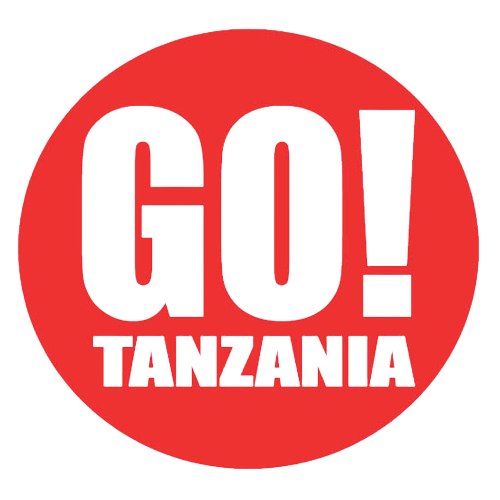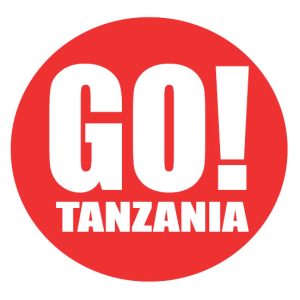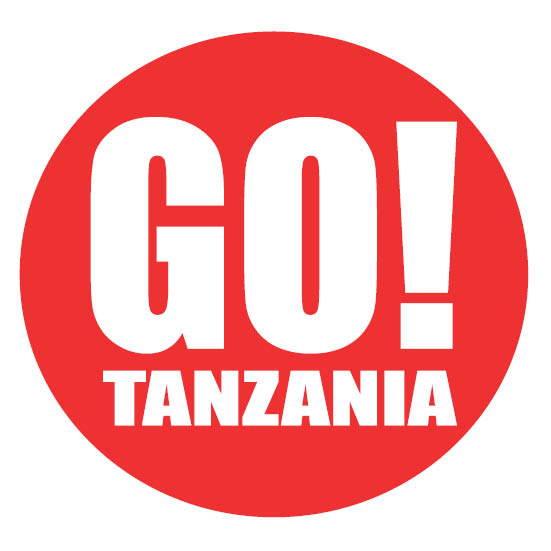On 22 and 23 January 2025, a regional consultation for Africa was held online in the lead up to the MONDIACULT 2025 Conference. The consultation brought together 46 Member States, intergovernmental organizations, non-governmental organizations and academic institutions.

The discussions were chaired by Ms. Ummi Bashir, Principal Secretary of the Ministry of Gender, Culture, the Arts, and Heritage of Kenya, with co-chair Ms Yolande Elebe Ma Ndembo, Minister of Culture, Arts and Heritage of the Democratic Republic of Congo, and rapporteur Mr Moussa Moise Sylla, Minister for Culture, Tourism and Handicrafts of Guinea.
During a session dedicated to the digital technologies in the cultural sector, participants recognized the opportunities offered by digital platforms and Artificial Intelligence (AI) to expand cultural expressions and innovation. At the same time, they also underscored the challenges including piracy and ethical concerns surrounding emerging technologies. Proposals included enhancing digital infrastructure and equipping artists with skills to effectively navigate the digital landscape.
We heard a resounding call to celebrate and safeguard rich cultural heritage and linguistic diversity across Africa for future generations. As the continent embraces the transformative power of digital technologies, UNESCO stands ready to support countries in their efforts to develop an inclusive creative economy.
Ernesto Ottone R., Assistant Director-General for Culture of UNESCO
During a discussion on culture and arts education, participants called for the integration of local languages, traditional knowledge, and cultural heritage into school curricula. They also proposed inter-ministerial cooperation as well as partnerships between schools and cultural organizations to enrich learning experiences.
The potential of creative industries to serve as an engine of growth and youth employment was extensively examined, along with the importance of increasing investment in cultural policies, strengthening social protections for artists, and improving access to international markets through mobility programmes. Proposals included improved data collection to measure culture’s impact and the allocation of at least 1% of national budgets to the cultural and creative sector.
Climate action through culture was another priority. Traditional knowledge systems were identified as key to managing natural resources, ensure food security and enhance disaster preparedness. Participants called for a cultural approach within climate policies and the engagement of local communities in sustainable practices.
In a time of dynamic global changes, we are required to be clear in our vision of where we want the cultural sector to go. As the Swahili saying goes, Umoja ni Nguvu, utengano ni udhaifu—unity is strength, division is weakness. Let us show our strength in unity.
Ms. Ummi Bashir, C.B.S, Principal Secretary of the Ministry of Gender, Culture, the Arts, and Heritage of Kenya
Culture was celebrated as a unifying force for peace and reconciliation. Discussions highlighted the power of cultural events, such as festivals and cross-border exchanges, in fostering social cohesion. Investments in cultural diplomacy and conflict-sensitive programming were encouraged to address historical divisions and promote dialogue in conflict-affected regions.
Representatives emphasized culture’s multifaceted contribution to sustainability, and strongly supported the establishment of culture as a stand-alone goal in the post-2030 Agenda. The African regional consultation marks a significant milestone in the continent’s journey to reassert its cultural diversity on a global stage. The actionable recommendations shared during the sessions will shape Africa’s contributions to the MONDIACULT 2025 and put the region’s voice at the centre of the global agenda.
Source: Unesco



